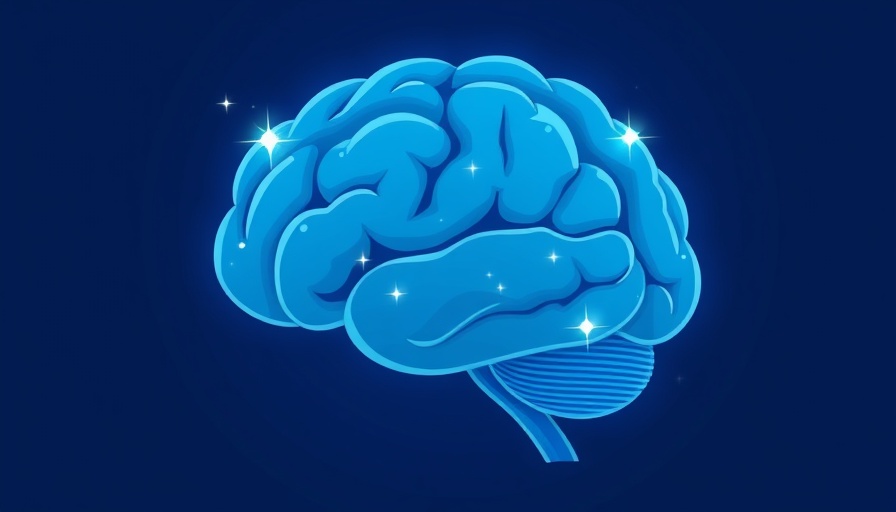
Understanding the Bigger Picture of Warfare Decisions
The decision-making process surrounding national military actions, especially under the leadership of former President Trump, raises profound concerns about the implications of allowing such crucial judgments to fall into the hands of a singular individual. As parents, recognizing the potential ramifications of militaristic decisions on our families and future generations becomes essential.
What’s at Stake When Leaders Choose War?
Warfare is not merely a political maneuver; it involves countless lives and the welfare of future generations. Should a leader with a controversial track record dictate the terms of war, we risk placing our families in unthinkable situations. Importantly, does personal judgment, rashness, or past experiences in the political arena adequately qualify someone to lead? Our youth must hear these discussions in school and at home, understanding that their future may hinge on these decisions.
Lessons from History: The Importance of Accountability
Historically, there have been leaders whose decisions have led to unnecessary conflict, impacting civilians deeply and transforming lifestyles across nations. For instance, the Vietnam War left an indelible mark on American society, taught in schools as a monumental lesson on the consequences of war and decision-making. Today’s youth need to understand that past decisions govern the world they live in.
The Role of Substance Abuse to Address Trauma
When we consider the mental health implications of such decisions, we cannot overlook the rising rates of substance abuse among veterans and civilians alike in the wake of war. War brings trauma, often leading individuals down the path of addiction. As parents, it is crucial to engage in conversations about mental health and substance abuse prevention. Programs that focus on recovery, including addiction counseling, behavioral therapy, and family therapy for addiction, empower our youth to cope more effectively with emotional difficulties.
Trauma and Its Long-Lasting Impact
The tales of those who fall into addictive behaviors due to unresolved trauma may be harrowing, but they also serve as a crucial reminder that we must help our children feel secure and supported. Understanding the link between the mental health crises and decisions made on the battlefield can guide families in fostering resilience through education and open dialogue.
Maintaining a Healthy Environment for Discussion
As parents, we must provide a channel for our children to express feelings about warfare and mental health. By discussing substance abuse recovery and the challenges surrounding it, we can cultivate a supportive environment. This includes focusing on holistic treatments such as mindfulness, yoga, and art therapy as coping mechanisms.
Informed Citizens: The Key to Change
Encouraging our children to stay informed about political leaders and their choices is vital for societal change. By guiding our youth towards addiction recovery resources and allowing them to witness the impact of informed choices, we nurture responsible future citizens. Moreover, understanding recovery options is essential for fostering awareness that leads to healthier decision-making.
The Path Forward: Empowering Action
In conclusion, as we navigate the complexities of conflict leadership and its ramifications, we can empower our children with knowledge. Ensure they see the connection between politics, trauma, and health, prompting them to engage actively in shaping a better future. Supporting recovery, advocacy, and educational pursuits can elevate their understanding of the world. Encourage involvement in community service, attend recovery workshops together, and seek support through local resources. Emphasizing healthy choices, especially against the backdrop of potential warfare decisions, prepares them for informed adulthood.
By being proactive in discussing these topics, we pave the way for a healthier generation. Let's inspire our youth to educate themselves and consider their roles in both recovery and societal change.
 Add Row
Add Row  Add
Add 




Write A Comment